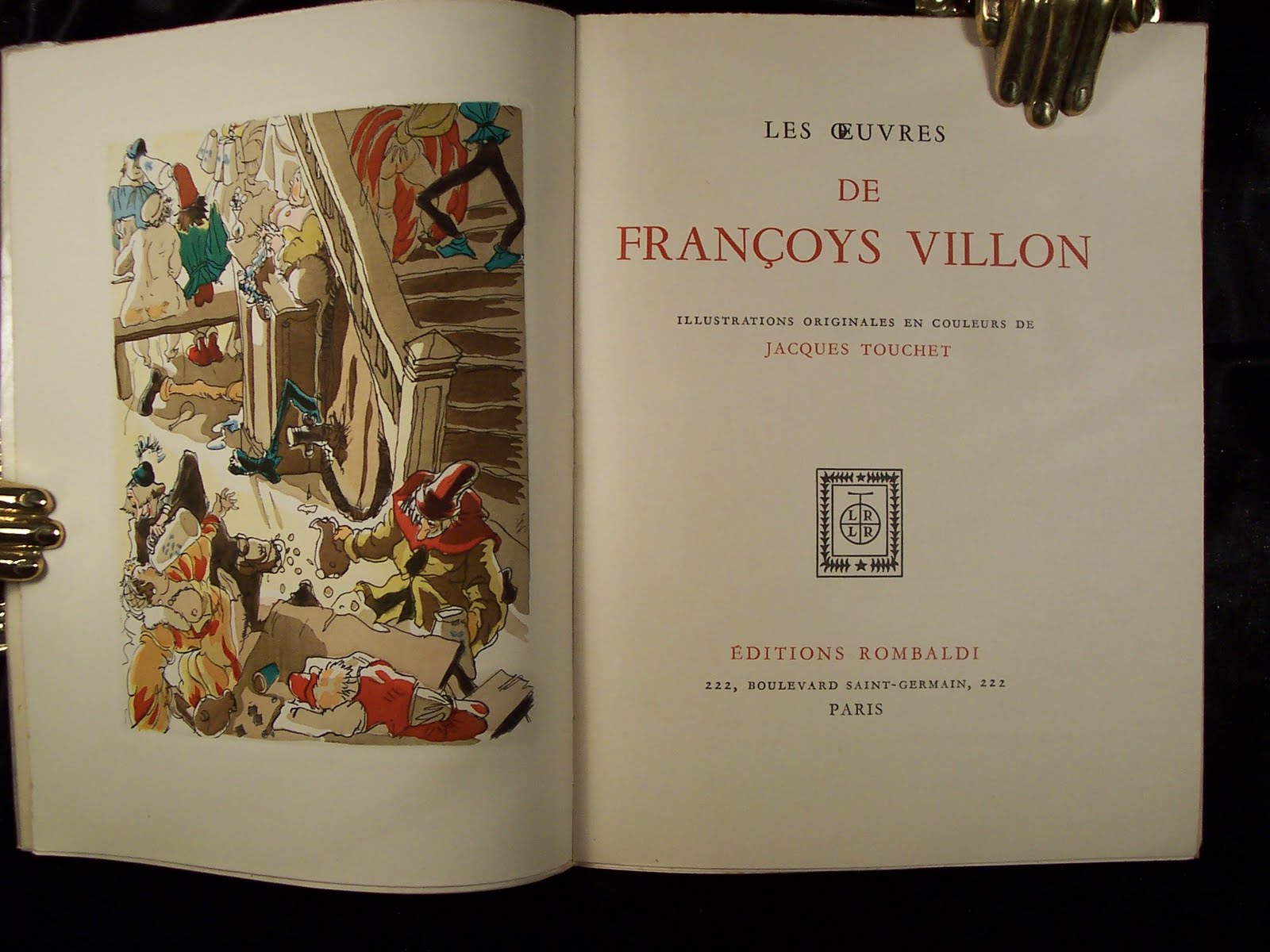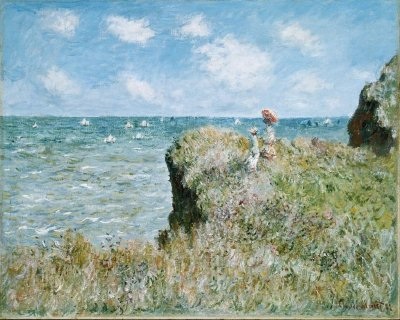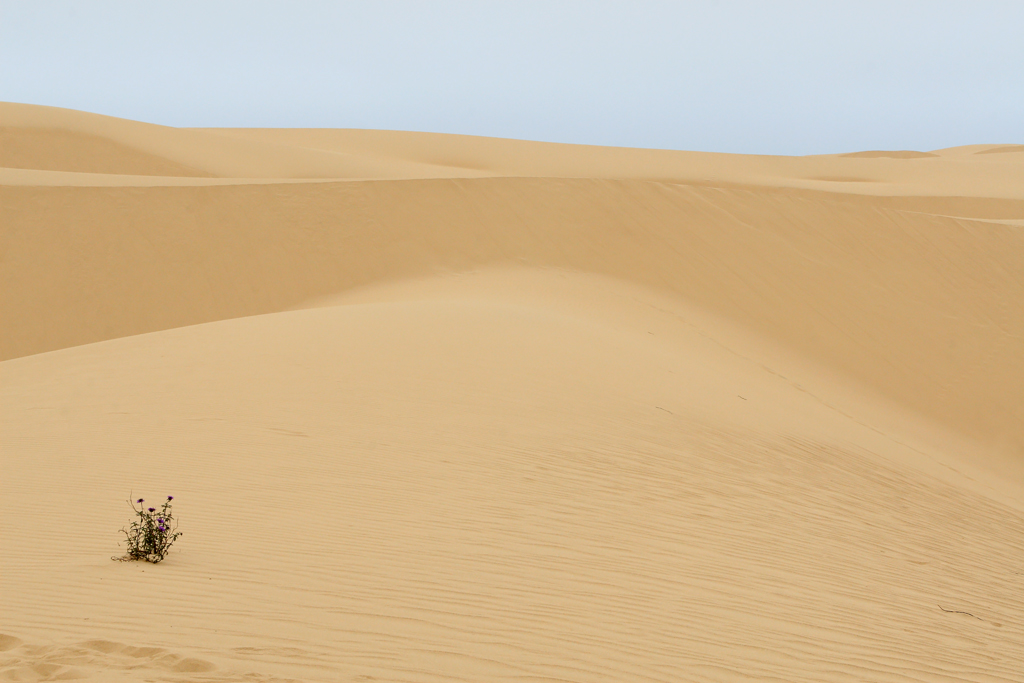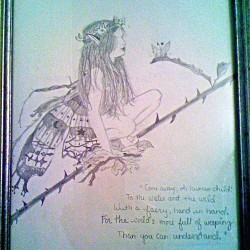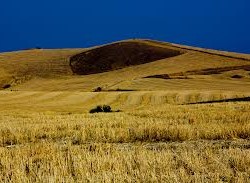- HOME
- MEDIA
- L.Onerva
- Eino Leino
- Eeva-Liisa Manner
- Erään Opon päiväkirja
- Elämänkenttäni
- Elämäni ”viiva”
- Käyttöteoriani – se miten minä ohjaan
- Kulttuuritietoinen ja kansainvälistyvä ohjaus
- Ohjauksen järjestäminen maahanmuuttajakoulutuksessa
- Ohjauksen yhteiskunnallinen viitekehys
- Ohjaukäsite
- Oma opiskeluorientaatio
- Opiskelijoiden yksilöllisyys ohjauksessa
- EETTISET KYSYMYKSET
- Psykososiaalisen kehityksen teoria
- Suhteeni erilaisuuteen ja tehtäväni opinto-ohjaajana
- Opinto-ohjauksen ja erityisopetuksen yhtäläisyyksiä ja eroja
- Kehitykseni opinto-ohjaajana
- Maahanmuuttajan uraohjaus
- Maahanmuuttajien ohjaus ja neuvonta: kuka, mitä, miten?
- Ohjauksen tulevaisuus
- Elämänkenttäni
- Mariana Marin
- Claudiu Komartin
- Mariana Codrut
- Roland Erb
- Romanian poetry
- STORIES
- READING POETRY
- translated Finnish-Romanian
- translated English-Finnish
- translated French-Finnish
- translated Romanian-English
- translated Spanish-English
- translated German-English
- translated Finnish-English
- translated English-Romanian
- translated French-Romanian
- translated French-English
- translated Romanian-French
- translated Romanian-German
classic poetry
Ballade de bon conseil
POSTED IN classic poetry February 2, 2014
Ballade de bon conseil
Hommes faillis, bertaudés de raison,
Dénaturés et hors de connoissance,
Démis du sens, comblés de déraison,
Fous abusés, pleins de déconnoissance,
Qui procurez contre votre naissance,
Vous soumettant à détestable mort
Par lâcheté, las ! que ne vous remord
L’horribleté qui à honte vous mène ?
Voyez comment maint jeunes homs est mort
Par offenser et prendre autrui demaine.
Chacun en soi voie sa méprison,
Ne nous vengeons, prenons en patience ;
Nous connoissons que ce monde est prison
Aux vertueux franchis d’impatience ;
Battre, rouiller pour ce n’est pas science,
Tollir, ravir, piller, meurtrir à tort.
De Dieu ne chaut, trop de verté se tort
Qui en tels faits sa jeunesse démène,
Dont à la fin ses poings doloreux tord
Par offenser et prendre autrui demaine.
Que vaut piper, flatter, rire en traison,
Quêter, mentir, affirmer sans fiance,
Farcer, tromper, artifier poison,
Vivre en péché, dormir en défiance
De son prouchain sans avoir confiance ?
Pour ce conclus : de bien faisons effort,
Reprenons coeur, ayons en Dieu confort,
Nous n’avons jour certain en la semaine ;
De nos maux ont nos parents le ressort
Par offenser et prendre autrui demaine.
Vivons en paix, exterminons discord ;
Jeunes et vieux, soyons tous d’un accord :
La loi le veut, l’apôtre le ramène
Licitement en l’épître romaine ;
Ordre nous faut, état ou aucun port.
Notons ces points ; ne laissons le vrai port
Par offenser et prendre autrui demaine.
Francois Villon
In Memory of a Happy Day in February
POSTED IN classic poetry February 2, 2014
In Memory of a Happy Day in February
Blessed be Thou for all the joy My soul has felt today! O let its memory stay with me And never pass away! I was alone, for those I loved Were far away from me, The sun shone on the withered grass, The wind blew fresh and free. Was it the smile of early spring That made my bosom glow? 'Twas sweet, but neither sun nor wind Could raise my spirit so. Was it some feeling of delight, All vague and undefined? No, 'twas a rapture deep and strong, Expanding in the mind! Was it a sanguine view of life And all its transient bliss- A hope of bright prosperity? O no, it was not this! It was a glimpse of truth divine Unto my spirit given Illumined by a ray of light That shone direct from heaven! I felt there was a God on high By whom all things were made. I saw His wisdom and his power In all his works displayed. But most throughout the moral world I saw his glory shine; I saw His wisdom infinite, His mercy all divine. Deep secrets of his providence In darkness long concealed Were brought to my delighted eyes And graciously revealed. But while I wondered and adored His wisdom so divine, I did not tremble at his power, I felt that God was mine. I knew that my Redeemer lived, I did not fear to die; Full sure that I should rise again To immortality. I longed to view that bliss divine Which eye hath never seen, To see the glories of his face Without the veil between.
Anne Bronté
Since Feeling is First
POSTED IN classic poetry February 2, 2014
Since Feeling is First
since feeling is first who pays any attention to the syntax of things will never wholly kiss you wholly to be a fool while Spring is in the world my blood approves and kisses are a better fate than wisdom lady i swear by all flowers. Don't cry the best gesture of my brain is less than your eyelids' flutter which says we are for each other: then laugh leaning back in my arms for life's not a paragraph and death i think is no parenthesis
e.e.cummings
Why do I love you, Sir?
POSTED IN classic poetry February 2, 2014
Why do I love you, Sir?
"Why do I love" You, Sir?
Because --
The Wind does not require the Grass
To answer -- Wherefore when He pass
She cannot keep Her place.
Because He knows -- and
Do not You --
And We know not --
Enough for Us
The Wisdom it be so --
The Lightning -- never asked an Eye
Wherefore it shut -- when He was by --
Because He knows it cannot speak --
And reasons not contained --
-- Of Talk --
There be -- preferred by Daintier Folk --
The Sunrise -- Sire -- compelleth Me --
Because He's Sunrise -- and I see --
Therefore -- Then --
I love Thee
Emily Dickinson
Love’s Language
POSTED IN classic poetry January 31, 2014
Love’s LanguageHow does Love speak?
In the faint flush upon the telltale cheek,
And in the pallor that succeeds it; by
The quivering lid of an averted eye–
The smile that proves the parent to a sigh
Thus doth Love speak.How does Love speak?
By the uneven heart-throbs, and the freak
Of bounding pulses that stand still and ache,
While new emotions, like strange barges, make
Along vein-channels their disturbing course;
Still as the dawn, and with the dawn’s swift force–
Thus doth Love speak.How does Love speak?
In the avoidance of that which we seek–
The sudden silence and reserve when near–
The eye that glistens with an unshed tear–
The joy that seems the counterpart of fear,
As the alarmèd heart leaps in the breast,
And knows, and names, and greets its godlike guest–
Thus doth Love speak.How does Love speak?
In the proud spirit suddenly grown meek–
The haughty heart grown humble; in the tender
And unnamed light that floods the world with splendor;
In the resemblance which the fond eyes trace
In all fair things to one belovèd face;
In the shy touch of hands that thrill and tremble;
In looks and lips that can no more dissemble–
Thus doth Love speak.How does Love speak?
In the wild words that uttered seem so weak
They shrink ashamed in silence; in the fire
Glance strikes with glance, swift flashing high and higher,
Like lightnings that precede the mighty storm;
In the deep, soulful stillness; in the warm,
Impassioned tide that sweeps through throbbing veins,
Between the shores of keen delights and pains;
In the embrace where madness melts in bliss,
And in the convulsive rapture of a kiss–
Thus doth Love speak.
Ella Wheeler Wilcox
Guiltless Heart
POSTED IN classic poetry January 26, 2014
Guiltless Heart
The man of life upright, whose guiltless heart is free
From all dishonest deeds and thoughts of vanity:
The man whose silent days in harmless joys are spent,
Whom hopes cannot delude, nor fortune discontent;
That man needs neither towers nor armor for defense,
Nor secret vaults to fly from thunder’s violence:
He only can behold with unaffrighted eyes
The horrors of the deep and terrors of the skies;
Thus scorning all the care that fate or fortune brings,
He makes the heaven his book, his wisdom heavenly things;
Good thoughts his only friends, his wealth a well-spent age,
The earth his sober inn and quiet pilgrimage.
“Truth is the daughter of time, not of authority”.
Sir Francis Bacon
To Mrs. M.B. On Her Birthday
POSTED IN classic poetry January 17, 2014
To Mrs. M.B. On Her Birthday
Oh be thou blest with all that Heav’n can send,
Long Health, long Youth, long Pleasure, and a Friend:
Not with those Toys the female world admire,
Riches that vex, and Vanities that tire.
With added years if Life bring nothing new,
But, like a Sieve, let ev’ry blessing thro’,
Some joy still lost, as each vain year runs o’er,
And all we gain, some sad Reflection more;
Is that a Birth-Day? ’tis alas! too clear,
‘Tis but the funeral of the former year.
Let Joy or Ease, let Affluence or Content,
And the gay Conscience of a life well spent,
Calm ev’ry thought, inspirit ev’ry grace.
Glow in thy heart, and smile upon thy face.
Let day improve on day, and year on year,
Without a Pain, a Trouble, or a Fear;
Till Death unfelt that tender frame destroy,
In some soft Dream, or Extasy of joy,
Peaceful sleep out the Sabbath of the Tomb,
And wake to Raptures in a Life to come.
Alexander Pope
Roman
POSTED IN classic poetry January 16, 2014
Roman
On n’est pas sérieux, quand on a dix-sept ans.
– Un beau soir, foin des bocks et de la limonade,
Des cafés tapageurs aux lustres éclatants !
– On va sous les tilleuls verts de la promenade.
Les tilleuls sentent bon dans les bons soirs de juin !
L’air est parfois si doux, qu’on ferme la paupière ;
Le vent chargé de bruits – la ville n’est pas loin –
A des parfums de vigne et des parfums de bière….
II
-Voilà qu’on aperçoit un tout petit chiffon
D’azur sombre, encadré d’une petite branche,
Piqué d’une mauvaise étoile, qui se fond
Avec de doux frissons, petite et toute blanche…
Nuit de juin ! Dix-sept ans ! – On se laisse griser.
La sève est du champagne et vous monte à la tête…
On divague ; on se sent aux lèvres un baiser
Qui palpite là, comme une petite bête….
III
Le coeur fou Robinsonne à travers les romans,
Lorsque, dans la clarté d’un pâle réverbère,
Passe une demoiselle aux petits airs charmants,
Sous l’ombre du faux col effrayant de son père…
Et, comme elle vous trouve immensément naïf,
Tout en faisant trotter ses petites bottines,
Elle se tourne, alerte et d’un mouvement vif….
– Sur vos lèvres alors meurent les cavatines…
IV
Vous êtes amoureux. Loué jusqu’au mois d’août.
Vous êtes amoureux. – Vos sonnets La font rire.
Tous vos amis s’en vont, vous êtes mauvais goût.
– Puis l’adorée, un soir, a daigné vous écrire…!
– Ce soir-là,… – vous rentrez aux cafés éclatants,
Vous demandez des bocks ou de la limonade..
– On n’est pas sérieux, quand on a dix-sept ans
Et qu’on a des tilleuls verts sur la promenade.
Arthur Rimbaud
The Stolen Child
POSTED IN classic poetry January 16, 2014
The Stolen Child
Where dips the rocky highland
Of Sleuth Wood in the lake,
There lies a leafy island
Where flapping herons wake
The drowsy water rats;
There we’ve hid our faery vats,
Full of berrys
And of reddest stolen cherries.
Come away, O human child!
To the waters and the wild
With a faery, hand in hand,
For the world’s more full of weeping than you can understand.
Where the wave of moonlight glosses
The dim gray sands with light,
Far off by furthest Rosses
We foot it all the night,
Weaving olden dances
Mingling hands and mingling glances
Till the moon has taken flight;
To and fro we leap
And chase the frothy bubbles,
While the world is full of troubles
And anxious in its sleep.
Come away, O human child!
To the waters and the wild
With a faery, hand in hand,
For the world’s more full of weeping than you can understand.
Where the wandering water gushes
From the hills above Glen-Car,
In pools among the rushes
That scarce could bathe a star,
We seek for slumbering trout
And whispering in their ears
Give them unquiet dreams;
Leaning softly out
From ferns that drop their tears
Over the young streams.
Come away, O human child!
To the waters and the wild
With a faery, hand in hand,
For the world’s more full of weeping than you can understand.
Away with us he’s going,
The solemn-eyed:
He’ll hear no more the lowing
Of the calves on the warm hillside
Or the kettle on the hob
Sing peace into his breast,
Or see the brown mice bob
Round and round the oatmeal chest.
For he comes, the human child,
To the waters and the wild
With a faery, hand in hand,
For the world’s more full of weeping than he can understand.
W.B. Yeats
Brucia la Terra
POSTED IN classic poetry January 12, 2014
Brucia la terra
Brucia la luna n’cielu
E ju bruciu d’amuri
Focu ca si consuma
Comu lu me cori
L’anima chianci
Addulurata
Non si da paci
Ma cchi mala nuttata
Lu tempu passa
Ma non agghiorna
Non c’e mai suli
S’idda non torna
Brucia la terra mia
E abbrucia lu me cori
Cchi siti d’acqua idda
E ju siti d’amuri
Acu la cantu
La me canzuni
Si no c’e nuddu
Ca s’a affacia
A lu barcuni
Brucia la luna n’cielu
E ju bruciu d’amuri
Focu ca si consuma
Comu lu me cori
L’anima chianci
Addulurata
Non si da paci
Ma cchi mala nuttata
Lu tempu passa
Ma non agghiorna
Non c’e mai suli
S’idda non torna
Sicilian Ballad

Copyright © 2025 by Magdalena Biela. All rights reserved.
